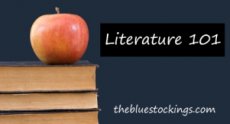
WEEK 1: GENRE
Genre typically refers to a category of works of literature that share common form, technique, style, or content. The major genres in literature are poetry, prose, and drama. Each of these categories can be further subdivided into what are known as sub-genres.
RELATED TERMS
LIST OF GENRES
Essentially, genre is an exercise in categorization. Tiers and tiers of blissful categorization. For most purposes, all of fictional literature can be broken down into one or more of the following major genres*:
| Absurdist fiction | Philosophical fiction |
| Adventure novel | Political fiction |
| Children’s/YA literature | Pulp fiction |
| Comic novel | Religious fiction |
| Education fiction | Saga |
| Experimental fiction | Speculative fiction |
| Erotic fiction | Suspense fiction |
| Historical fiction | Thriller |
| LGBT fiction | Tragedy |
| Metafiction | Urban fiction |
| Nonfiction novel | Westerns |
| Occupation fiction | Women’s fiction |
Most of these have several major sub-genres. For example, women’s fiction breaks down into two major sub-genres: romance and chick lit. Suspense fiction includes crime novels, mysteries, and detective fiction. And speculative fiction breaks down into three major sub-genres: science fiction, horror, and fantasy. And many of the sub-genres have sub-sub-genres. I created this genre chart (pdf) that shows the hierarchy of the above genres and their sub-genres.
*The above list (and my genre chart) is principally taken from Wikipedia: List of Literary Genres, but I consulted a number of other sources, and these seem to cover all of the major genres. Can you think of a genre that doesn’t fit into one of these genres?
With a genre chart, you can make some impressive genre chains:
Prose > Fiction > Novel > Women’s Fiction > Chick Lit > Mommy Fiction
Prose > Fiction > Novel > Speculative Fiction > Science Fiction > Punk > Cyberpunk > Dieselpunk
Now, I have no real idea what, exactly, dieselpunk or even cyberpunk is, but it’s fascinating just how many genres there are.
DISCUSSION
Okay, now we have a general understanding of what, exactly, genre is. But how does this concept affect our reading?
The concept of genre, as with any categorization system, can be quite controversial. In this post on author Shannon Hale’s blog, she addressed genre in the wake of some confusion as to what genre her novel, THE ACTOR AND THE HOUSEWIFE, fell into. Here are some insightful excerpts from that post:
Genre is a kind of a handle to hold, a way to manage the story. . . . [A]s a reader I can understand the desire to have an idea of what I’m reading before committing to the book. I’ve had a few experiences where I’m reading a book by a fantasy author that doesn’t turn out to be fantasy, and I’m like, Wait! We had a contract here–I read a book and you deliver some magical stuff!
Source: thebluestockings.com
You might also like:
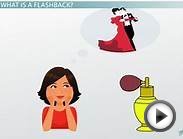
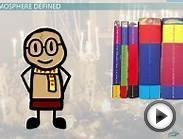
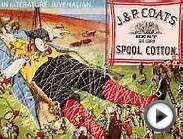
Related posts:
- Literature genres for children
- Literature genres Gothic
- Literature genres for Kids
- Literature genres




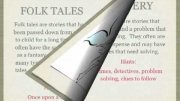
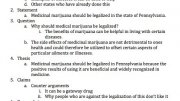
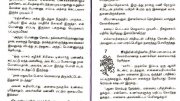
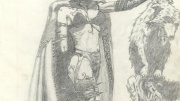
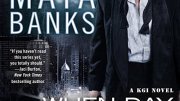
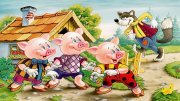














TP-CASTT is a method of poetry analysis with these facets: title, paraphrase, connotation, attitude, shifts, title, theme. !